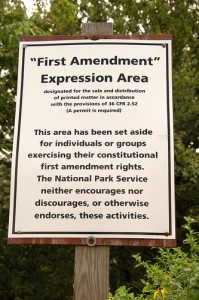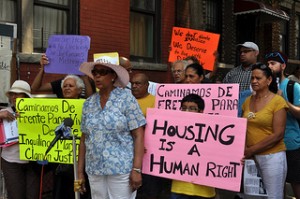Monday Morning Review: Local Governments in the Federal Courts of Appeals
Here's how local governments fared in the federal courts of appeals during the past week. Eighth Circuit Brian Johnson v. Minneapolis Park, No. 12-2419 (Sept. 11, 2013). Finding that individual seeking to distribute Bibles during festival in public park is likely to prevail in his First Amendment challenge. See our coverage here. Ninth Circuit C.B. v. City of Sonora, No. 11-17454 (Sept. 12, 2013). Remanding for new trial and addressing qualified immunity issue under Fourth Amendment arising out of handcuffing and driving juvenile from school. Sylvia Landfill Trust v. City...








